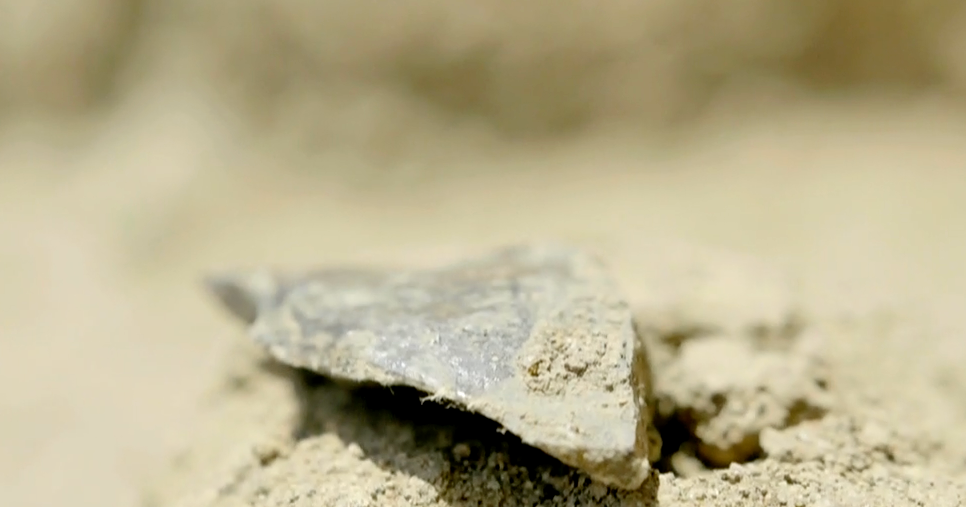What's behind the recent home run spike in Major League Baseball?
Major League Baseball is on pace to shatter its home run record. This year, players in the American and National Leagues combined have hit more than 4,000 home runs. The record, set in the year 2000, is 5,693.
The last time Major League Baseball saw a dramatic increase in home runs, players were called to testify before Congress over allegations of using performance-enhancing drugs.
This time around, some are questioning whether the sudden spike in home runs has less to do with the players, and more to do with the baseball itself.
"We did detect some differences between the balls from before the home run rate surge and after," said sports writer Ben Lindbergh.
Lindbergh documented a number of changes to game balls used from 2014 through July 2016. They were tested at Washington State University, where balls are fired from air canons at bat-shaped cylinders.
"We were able to detect that there do seem to be some differences. The circumference is a little smaller now, the seams are a little bit lower, and what's called the coefficient of restitution or core, basically the bounciness of the ball, has increased," Lindbergh said.
Enough bounce, he believes, to turn better-than-average batters into big-time home run threats.
"If you're a guy who had warning track power before and now suddenly you've added 10 extra feet and you're getting the ball over the fence consistently, you're going to get the biggest boost," Lindbergh said.
"The things that distinguishes this from the late 90s and early 2000s is that no one player is hitting 60 or 70 home runs. It's just everyone hitting 20 or 30," Lindbergh said.
In an email to "CBS This Morning," a spokesperson for Rawlings, the manufacturer of every Major League Baseball, wrote: "MLB has not asked us to change or alter the ball in any way, shape or fashion. And we haven't."
On Tuesday, MLB commissioner Rob Manfred offered his theory.
"We are in a period where we have bigger, stronger, faster athletes — like all sports. I don't think it's surprising that there's an emphasis on power pitching, which produces strikeouts, and there's an emphasis on power hitting that gives you a lot of home runs and less balls in play," Manfred said.
But Lindbergh thinks that doesn't tell the whole story.
"Well, if you look carefully at what they say, you know they'll say it's within the legal limits for baseball, which I don't dispute. The problem is that those legal limits are very wide. You can have a ball at the lower end of what's allowed and the upper end of what's allowed and those balls could travel 49 feet different in distance," he said.
It is worth noting that baseball hit a four-decade scoring slump just three years ago. In 2014, 57 players hit 20 or more homers. Last year, that nearly doubled to 111 players hitting 20 or more.
"The timing is somewhat suspicious just because it came after this low-offense era when everyone was worried about how baseball was going to get runs and home runs back into the game," Lindbergh said.
"I'm seeing balls hit to places in ballparks that I've never seen in my entire life, and I've been around it since I was 22," said Ron Darling.
Darling is a broadcaster for the SNY sports network and pitched for the Mets when they won the World Series in 1986.
Asked if he thinks something is going on, Darling said, "I do. I've touched a lot of baseballs. I've held them."
Holding a ball from 2014 in one hand and 2016 in the other, Darling said, "This one seems really like a cue ball to me and feels, being a former pitcher, a little too hard for my liking. But, you know, I don't know because it's really what's inside the baseball. And they keep telling you it's right. You know, it's hard not to believe it."





